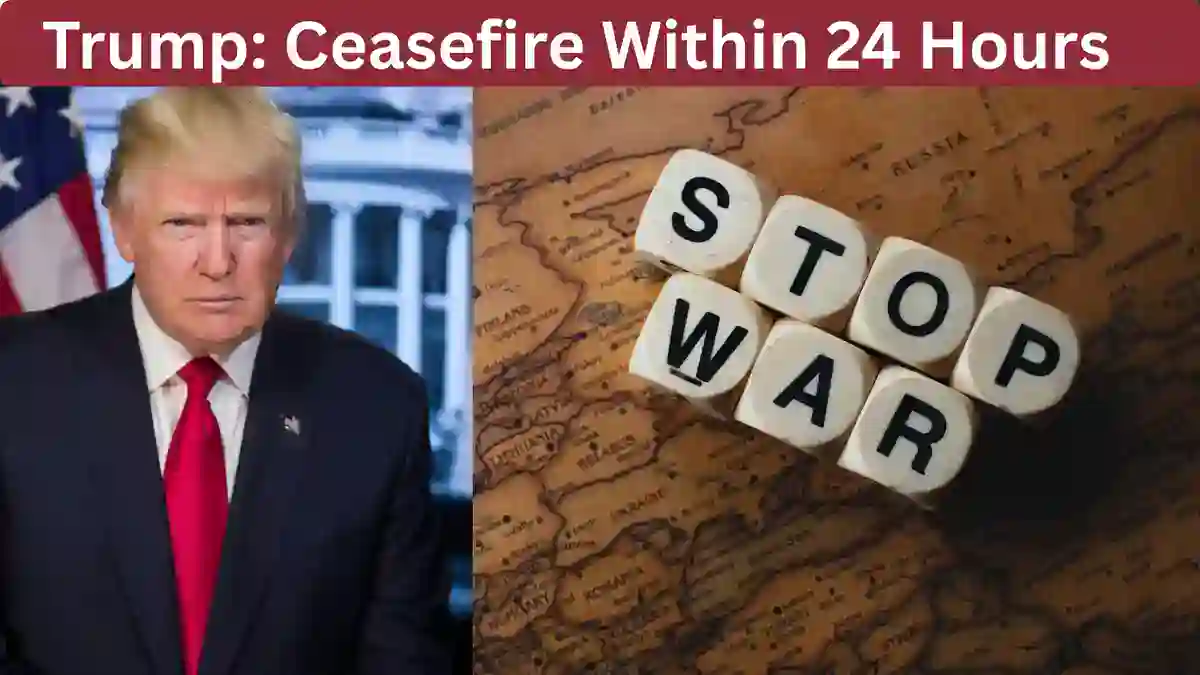June 23, 2025 — A Day of Fire and Hope. The war between Iran and Israel reached one of its most intense days on June 23. Both sides launched powerful attacks, and the world watched closely. What happened was not one-sided. Iran hit back hard, and Israel responded with equal force. But by nightfall, talks of peace started to appear. Ceasefire Talks Begin After Fierce Blows From Both Iran and Israel.
Iran Strikes With Force
In the early hours, Iran began firing a wave of missiles toward Israel. The missile attack went on for 40 minutes straight—the longest single attack in this war so far. Over a dozen missiles made it past Israel’s defenses.
One of those missiles hit a key power station in Ashdod, causing blackouts in nearby areas. Some people were hurt by falling debris, though no deaths were reported. Sirens screamed in cities like Tel Aviv, Jerusalem, and Be’er Sheva. People rushed to shelters. Families were scared, and children cried in underground bunkers.
But Iran wasn’t done.
Later that day, Iran launched another surprise—this time toward a U.S. military base in Qatar. This base, called Al-Udeid, is one of America’s most important in the region. Iran fired 14 to 19 missiles at it. Most were shot down by air defense systems, but Iran called it a message to both the U.S. and Israel. Though no one died in the Qatar attack, the message was loud: Iran is not backing down.
Israel Hits Back Hard
In return, Israel didn’t hold back either. Airplanes took off from airbases and flew deep into Iran’s airspace. They dropped bombs on military airports, missile launch zones, and even major buildings in Tehran.
Some of the bombs hit places like Evin Prison and the headquarters of the Revolutionary Guards. These were not random strikes—they were targeted and planned. Israeli forces also struck the Fordow nuclear facility, trying to damage Iran’s nuclear progress.
Back in Iran, people panicked. Roads in Tehran were filled with cars as families tried to leave the city. The internet went down in parts of the country. Power cuts made it worse. Hospitals were overcrowded, and people were frightened. Over 400 lives have reportedly been lost in the conflict so far, with thousands injured since the fighting began.
Strait of Hormuz Threat and U.S. Pressure
But the biggest shift came when Iran made a serious threat—to shut down the Strait of Hormuz.
This narrow sea path is how much of the world’s oil travels. If Iran closed it, oil prices would shoot up. Countries like the U.S., China, and Europe would suffer. That pressure made leaders act fast.
Behind the scenes, diplomats worked hard. Former U.S. President Donald Trump stepped in. Qatar also got involved. After urgent calls, a plan for a ceasefire was drafted.
The Ceasefire Plan
Under this deal, Iran would stop its attacks first. Israel would follow 12 hours later. The full ceasefire would take effect within 24 hours. Iran agreed—if Israel promised to stop its strikes too. Israel has not confirmed publicly yet, but hope is growing.
This peace plan isn’t just about stopping bombs. It’s about saving lives. It’s about letting children sleep safely again. It’s about turning the war off, even if only for a short while.
Real Impacts on Both Sides
Iran faced heavy damage to its cities, airports, and nuclear sites. Its people suffered blackouts, fear, and loss. Hospitals are overwhelmed, and daily life is shaken.
Israel, too, was hit. Power plants were damaged. Families had to run for shelter. Air raid sirens rang all day. Though Israel’s defenses stopped many missiles, the ones that landed caused fear and disruption.
Both sides hurt. Both sides bled. And now, both sides may finally pause.
What Happens Now?
The next 24 hours will tell us everything.
If the ceasefire holds, families in Iran and Israel might sleep in peace for the first time in weeks. If it breaks, the world could be pulled into something even worse. The Strait of Hormuz is still at risk. The U.S. is still alert. And the people—on both sides—are still hoping.
Because at the end of the day, no one wins in war. Everyone just wants it to stop.


1 thought on “Ceasefire Talks Begin After Fierce Blows From Both Iran and Israel”